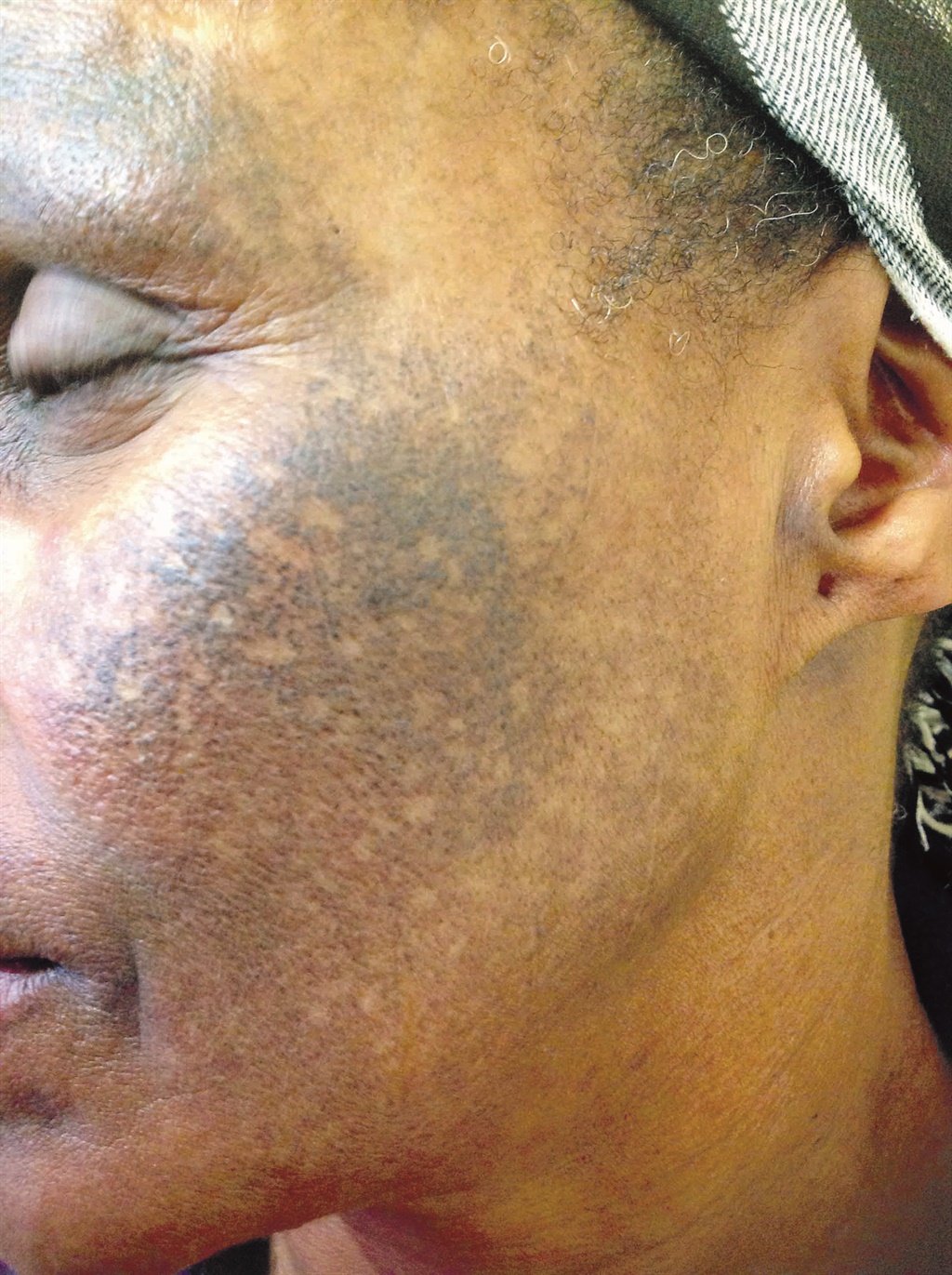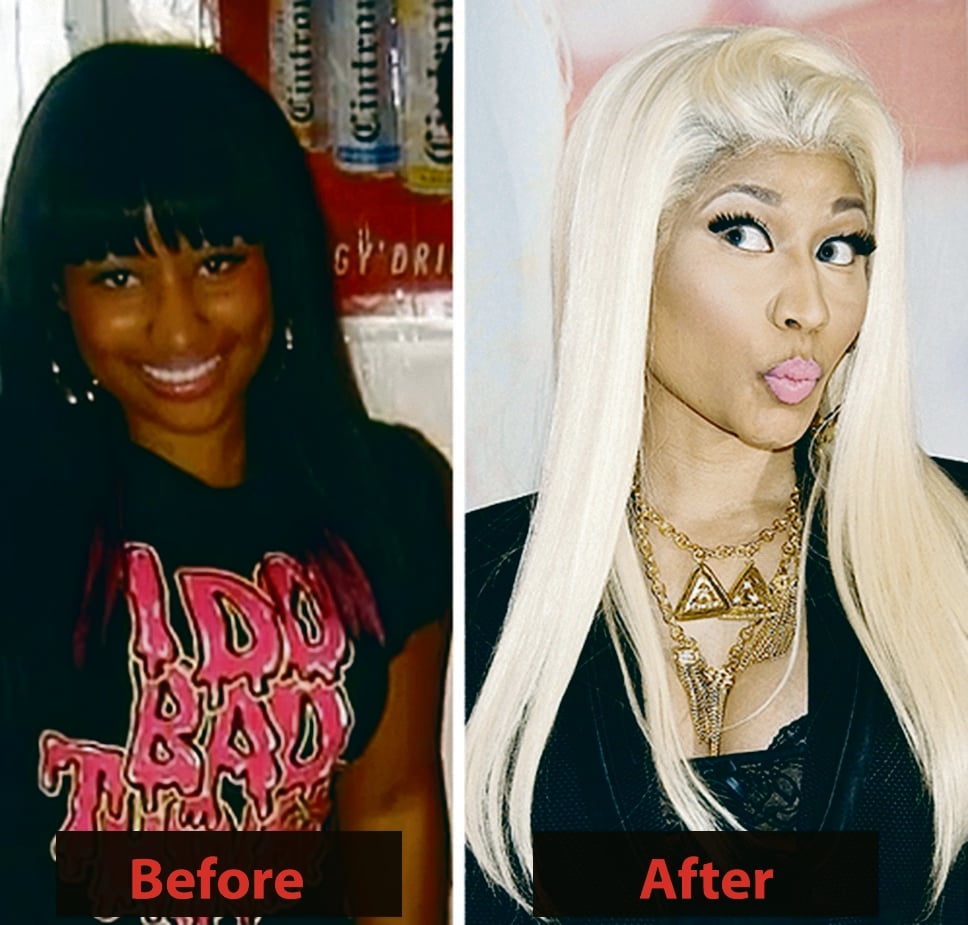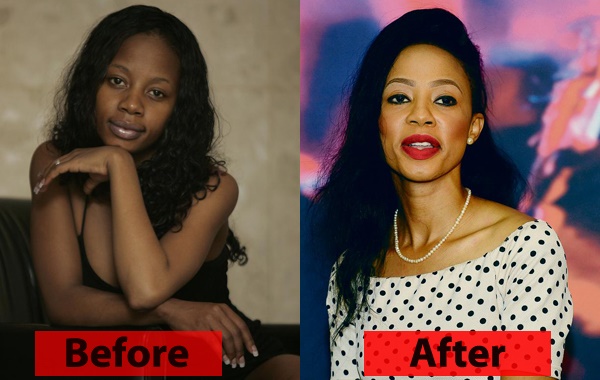
Dark-skinned black and Indian women in South Africa are literally risking their lives to become the fairest of them all.
Despite a real risk of skin cancer and other effects such as irreversible skin thinning, darkening and acne, an increasing number of women and a few men are using skin-lightening products – bought mostly from street vendors – that contain harmful and banned substances such as mercury, steroids and hydroquinone.
Professor Ncoza Dlova, chief specialist and head of the dermatology department at the University of KwaZulu-Natal, says the trend – common in the 1960s and 1970s, when people believed being white was beautiful – is now on the rise again.
This, she says, has given rise to irreversible skin damage and ochronosis, and has accelerated the ageing process. Skin cancer is another frightening threat that has been reported with increasing frequency among those who use skin lighteners.
Dlova says skin-lightening products sold by street vendors or over the counter in pharmacies are wreaking havoc on the country’s already overstretched health system.
“We are seeing an increasing number of people presenting with skin complications in clinics and hospitals because of these products. Some of the cases are so severe that the damage cannot be reversed and, in others, the state spends a fortune treating them,” says Dlova.
A study published in the British Journal of Dermatology in July last year found that one in three women in Durban were using skin lighteners containing harmful and banned substances. The study sampled 571 black women (African, Indian and coloured) between the ages of 20 and 50.
A third of those who confessed to using skin lighteners reported that they were using them to brighten their complexion. The remaining 67% were using it to treat skin problems, including postinflammatory hyperpigmentation, melasma – a chronic skin disorder characterised by symmetrical, patchy brownish facial pigmentation – and acne.
The study conducted by Dlova also found that these products, which often contain the harmful and banned substances mercury, phenol, resorcinol, steroids and hydroquinone, were easily accessible. Some were sold by street vendors for as little as R10 a tube.
Dlova, the study’s principal investigator, says she was not surprised by the findings, considering the number of people presenting with skin complications in healthcare facilities.
But what was disturbing, she says, “was that 34% of women reported that their skin had been damaged by the use of skin-lightening products, but 90% were still happy with the result of a lighter skin tone”.
“This shows that people are not comfortable in their own skins. They believe that being fair in complexion makes them more attractive and opens up more opportunities for them,” she says.
“In certain Indian communities, for instance, it is believed that the prospects of marriage are enhanced by fair skin.”
Although there are no population studies documenting the prevalence of the use and abuse of skin-lightening creams among Indian women living in South Africa, Dlova says the study “showed that 27% of Indian women in Durban use skin lighteners”.
Dlova says it is important to spread the word about how dangerous these products are.
“We are seeing an increase in the number of patients in public clinics and private practices presenting with skin complications from using skin-lightening creams. Many of the participants in our study were not aware of the dangers of the skin-lightening products they purchased over the counter and had no idea they contained harmful and banned substances that come with adverse effects,” she says.
“These creams cause irreversible thinning of the skin, severe stretch marks, rapid ageing, skin infections, steroids-induced acne, permanent dark marks and skin cancer. Sadly, manufacturers and distributors do not declare this information on the packages.”
Clinicians from Groote Schuur Hospital in Cape Town and academics from the University of Cape Town recently conducted a study investigating the active ingredients and countries of origin of popular skin-lightening products available in Cape Town.
Out of the 29 products tested, 80% contained one or more illegal or banned ingredients (particularly hydroquinone, steroids and mercury). This is despite the fact that South Africa banned the inclusion of these active ingredients in over-the-counter cosmetic products in 1992.
According to the World Health Organisation, mercury in skin-lightening products causes skin rashes, discolouration and scarring, and a lowering of resistance to skin infections. It could also cause anxiety, depression and nerve damage.
Hydroquinone can cause severe allergic skin reactions, as well as blisters and permanent blue-black patches on the skin. Steroids can cause skin thinning and acne.
The researchers found that the labels on most of the products did not indicate that they contained these harmful ingredients, a point Dlova says is the biggest pitfall in the fight against the use of over-the-counter skin lighteners.
“People receive recommendations from friends and relatives that these products clear pimples and pigmentation, and they use them without knowing what the active ingredients are, due to the lack of proper warning labelling. Yes, at first they look beautiful and their complexions brighten up, but this is the false sense of confidence most users experience within the first few months of using the products – but it is later followed by a rebound phenomenon and side-effects,” warns Dlova.
Dr Noori Moti-Joosub, a dermatologist at the private Laserderm clinic in Johannesburg, agrees: “The overuse of certain products can lead to ochronosis, which is a deposition of black pigment under the skin and thus the side-effects of these products nullify their result.”
Dlova has urged government to take action against the manufacturers of these skin-lightening products, but also to raise awareness about the dangers of using them.
“We can only win this war if we educate people at a young age to be proud of their natural skin, and we appeal to the government to enforce strict regulations when it comes to these bleaching creams.”
TALK TO US
Do you use skin-lightening products? Tell us about your experiences.
SMS us on 35697 using the keyword SKIN and tell us what you think. Please include your name and province. SMSes cost R1.50




 Publications
Publications
 Partners
Partners










